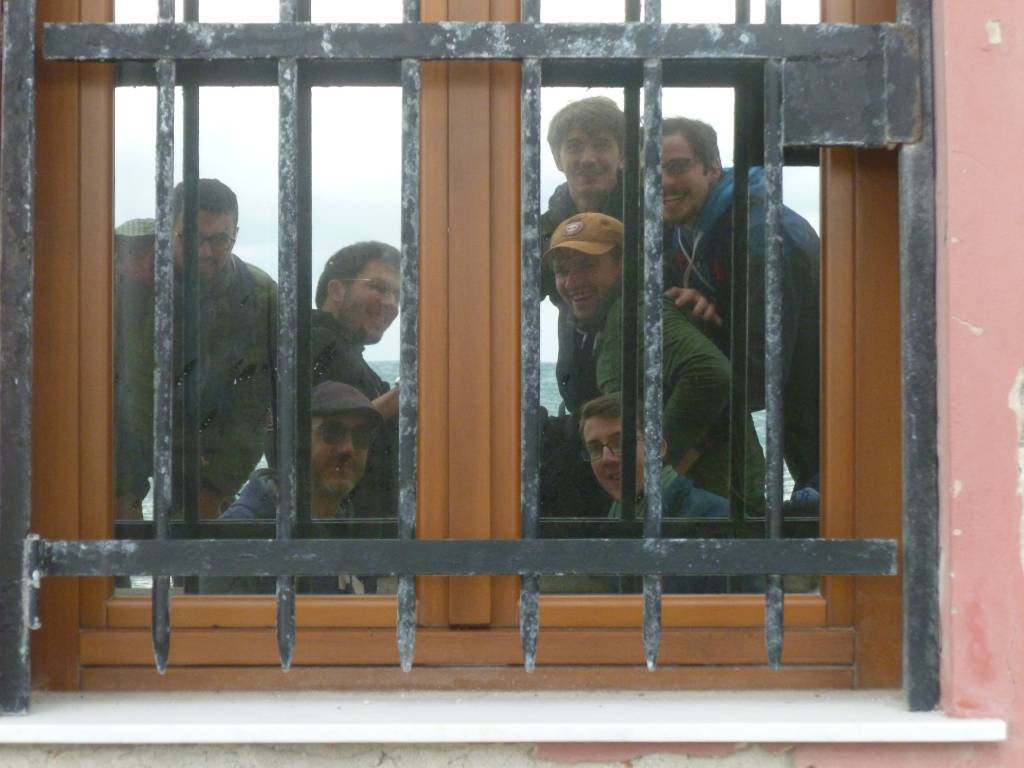There are words which, over time, have lost their original meaning. Very often, this happens with words that we use frequently: by repeating them, the particular sense that they had at the beginning, known only by some, is lost. At other times the birth of a word – or a particular meaning it may have taken even after its birth – dates back centuries. If you are not a linguistics specialist, it is almost impossible to grasp the origin of a word without research into it. I will give you some examples by taking the two terms I used in the title of this article: “parole” and “origine”.
In the classical Latin “parlare” was said loqui and “parola” verbum; where do these new terms come from, then? What is their etymology? I will give you some help: before reaching the vulgar “parlare”, we went through an intermediate phase in which, in the late-antique Latin, the action of communicating something orally to someone was expressed with the verb parabolare. Now you have a few more elements to reach the solution. With the ever more increasing spread of Christianity in the Roman Empire of the first centuries the classic verb loqui – deponent and therefore also more difficult to decline – began to be flanked, and then definitively replaced, by the newly-invented parabolare, literally “expressing oneself with parables”, as a few centuries earlier did the one who for some was a son of God; for others God himself; for all, in any case, the herald of the good news according to which God is a good father and loves and forgives all his sons: Jesus. The Gospels – from the Greek evangelion: good news – had by then spread so deeply that they had even changed the language of people themselves. When the language has no words to express what has happened to you, the emotions you have felt, the conversion you have experienced, you find yourself forced to invent new ones; and the language, in doing so, converts with you.
The second term, “origine”, has an etymological history that is perhaps simpler but which allows us to enter into a truly rich and fascinating semantic field: “origin” comes from the Latin oriri; which means “to be born, to come from, to begin”. Let’s try now to see what other terms derive from this same verb; one is “orient”, can you suppose why this word derives from a verb with such an apparently distant meaning? Grammatically “orient” would be the present participle of the verb oriri and would mean “the one who is born, the one who begins”; and who, if not the sun, is “the one” who every morning begins his journey rising on the horizon, rising on the east? That section of the sky – the east – where our star begins its course has become the place of the beginning par excellence and the ancients have begun to call the east orient – “he who is born, he who rises” – merging the subject who performs the action (the sun) with the space where this action is accomplished: that slice of sky, with time, has itself become the east. Subsequently, when the first Christians – no longer persecuted – began to be able to build their first churches, they decided to orient them, to direct them towards the east, towards the rising sun; symbol of that re-surrected Christ who lives in us and who, with his light, conquers every day our dead, our darkness, our nights. Another word that has the same root is “originality”; we can therefore say that to be original, in life as it is in language, we must be original: return to the origin rediscovering the hidden meanings inexhaustibly embedded in words.
It’s now time to say goodbye: I leave you with an Italian expression that in its original dialect form – from the Venetian s’ciao – would have meant putting me in your hands as a slave, as a servant.
Ciao then, and see you next time,
Guglielmo
